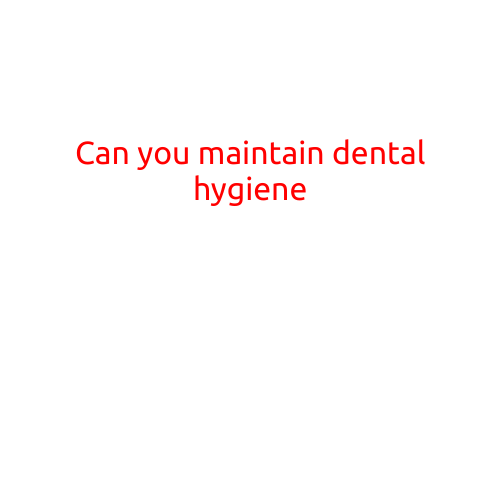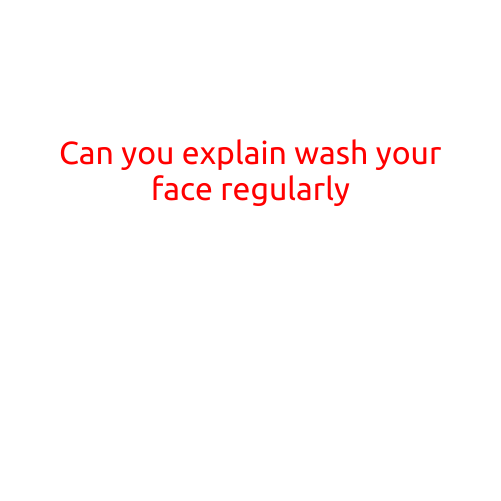
Can You Maintain Dental Hygiene?
Maintaining good dental hygiene is essential for the overall health of your mouth, teeth, and even your body. Good oral hygiene can help prevent a range of problems, from tooth decay and gum disease to bad breath and heart disease. But how can you maintain good dental hygiene? In this article, we’ll explore the importance of dental hygiene and provide some tips on how to maintain it.
Why is Dental Hygiene So Important?
Dental hygiene is important for several reasons:
- Prevents Tooth Decay: Tooth decay occurs when bacteria in your mouth convert sugars and starches into acid, which can damage your teeth. By brushing and flossing regularly, you can remove these bacteria and prevent tooth decay.
- Prevents Gum Disease: Gum disease, also known as periodontal disease, occurs when plaque and tartar build up on your teeth and cause inflammation of the gums. This can lead to pain, bleeding, and even tooth loss.
- Prevents Bad Breath: Bad breath, also known as halitosis, can be caused by a variety of factors, including poor oral hygiene, gum disease, and dry mouth. By maintaining good oral hygiene, you can prevent bad breath.
- Prevents Heart Disease: Research has shown that there is a link between gum disease and heart disease. By maintaining good oral hygiene, you can reduce your risk of developing heart disease.
How Can You Maintain Good Dental Hygiene?
Maintaining good dental hygiene is relatively simple. Here are some tips:
- Brush Your Teeth: Brush your teeth at least twice a day, in the morning and before bed, using a fluoride toothpaste. Make sure to brush all surfaces of your teeth, including the front, back, and top.
- Floss Your Teeth: Flossing is an important part of dental hygiene. It helps to remove food particles and plaque from between your teeth and under your gumline. Try to floss at least once a day.
- Use Mouthwash: Mouthwash can help to kill bacteria and freshen your breath. Look for a mouthwash that contains fluoride and has the American Dental Association (ADA) seal of approval.
- Visit Your Dentist: Regular dental check-ups can help to catch any oral health problems early on, when they are easier to treat. Try to visit your dentist every six months.
- Eat a Balanced Diet: A balanced diet that is low in sugar and high in fruits and vegetables can help to promote good oral health.
- Avoid Sugary Snacks: Sugary snacks can contribute to tooth decay, so try to avoid them or limit your consumption.
- Drink Plenty of Water: Drinking plenty of water can help to rinse your mouth and prevent dry mouth, which can lead to oral health problems.
Conclusion
Maintaining good dental hygiene is essential for the health of your mouth, teeth, and body. By brushing, flossing, using mouthwash, and visiting your dentist regularly, you can prevent a range of oral health problems and promote overall health. Remember to also eat a balanced diet, avoid sugary snacks, and drink plenty of water to help maintain good oral hygiene.





